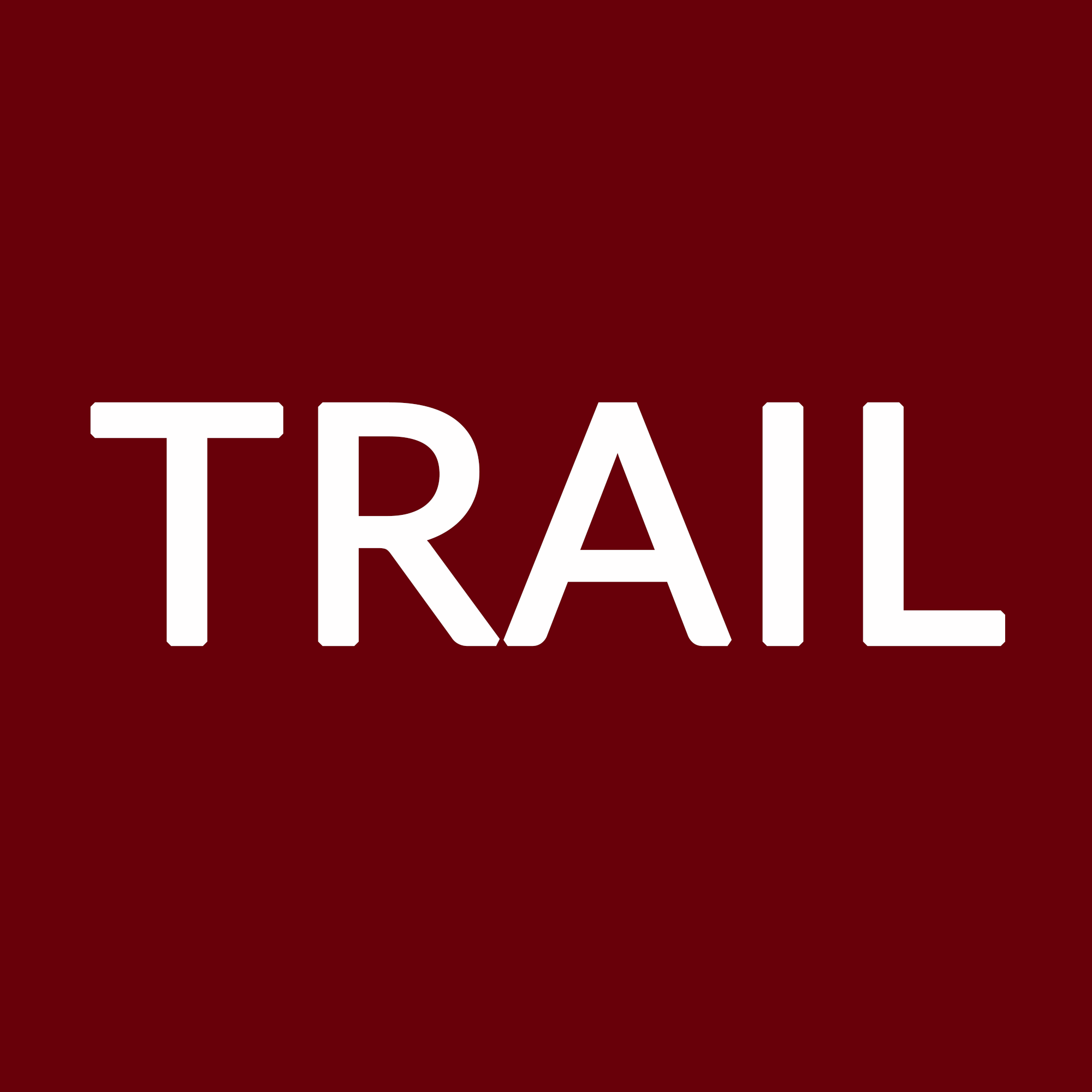
By Angela Cookston
Tacoma’s part in the current worldwide refugee crisis is growing each year. In addition to the large King County immigrant community, counties all over Washington State are aiding persons fleeing persecution.
The UN Refugee Agency (UNHCR) defines a refugee as “a person forced to flee their home country to escape persecution, war, or violence.” The resettlement process for refugees is not easy. “Refugees cannot apply for resettlement,” the UNHCR writes in their Refugee Resettlement Facts.
“Only recognized refugees whose life, liberty, safety, health, or other fundamental rights are at risk in the host country are considered for resettlement. The UNHCR refers only the most vulnerable cases to host countries for possible resettlement. Refugees cannot pick their country of resettlement.”
In the state of Washington, nearly 2,000 refugees have been resettled in 2017 so far. Last year, there were 3,907 settled, including both refugees and special immigrant visas (SIV). Seven hundred and six of these are school-aged children. Of these persons entering Washington, six percent are resettled in Pierce County. In Washington, the majority of refugees from Ukraine, Afghanistan, Iraq, Somalia, and Iran. (Retrieved from the Department of Social and Health Services statistics concerning WA state refugee and special immigrant arrivals)
“You guys have done so much for my family and myself,” a resettled individual who had worked with Tacoma Community House said.
“I have never felt such a sense of achievement and fulfillment in my life the way I do now … Everything’s just up. I mean, these past 2 years — I’m 32 right now — the best years of my life, really.” (Retrieved from the Tacoma Community House website’s mission video)
The Trail sat down with Kathleen Campbell, Assistant Registrar at the Registrar’s Office. She has been involved as a volunteer mentor for refugees through Lutheran Community Services since last summer.
Campbell’s job as a mentor includes guiding families in the cultural transition into the U.S. Public transportation, setting up bank accounts, registering for school, using cash and debit cards, filling out forms, and helping adjust to life. Lutheran Community Services’ main need is for short-term housing for refugee families.
“Transportation is a big need when people first arrive. They have lots of appointments they go to like the health department to make sure vaccines are up [to date], get children enrolled in school, go to Social Security,” said Campbell, “There’s a lot of transportation issues right away.”
The government gives only a small grant to refugee families when they arrive. “They have a refugee grant, for like 3 months. They get a small grant to resettle. It pays for rent for about a month… it is very tough. You have to find work right away. [Refugees] have to get to the community house to learn about finding jobs,” said Campbell, referring to the Tacoma Community House.
We asked what some refugees are fleeing from. “It’s illegal to be a Christian in Iran … many have them have already fled into Turkey … it’s just not safe to be there as a Christian,” Campbell said. In addition to refugees from Iran, she has seen a family from the Congo fleeing political persecution due conflict in the region over mines. “Trump has put a moratorium on refugees coming in … until July 1 on all refugee admissions,” Campbell said. “But there’s still refugees here now.”
Since the recent Trump Administration’s cut on refugee and immigrant funding, Lutheran Community Services might struggle. “With less and less caseworkers now, I think they’re going to be relying more and more on volunteers.” Campbell explained that it takes refugees years to get approved to come to the U.S. Then, after this slow process, refugees are only given a few days’ notice to pack up their lives and come into the country.
Even after being admitted and resettled into the U.S., refugees must go through a five-year-long process to become a citizen. “It takes years to get approved, there are about five agencies that have to vet refugees coming into the country.” If anyone were interested in getting involved, they could look into Tacoma Community House and Lutheran Community Services.
“I’d like to think the U.S. was still a welcoming country, because that’s our tradition as a country, to receive people from all over the world, it’s what we’ve done since we were founded,” Campbell said.
